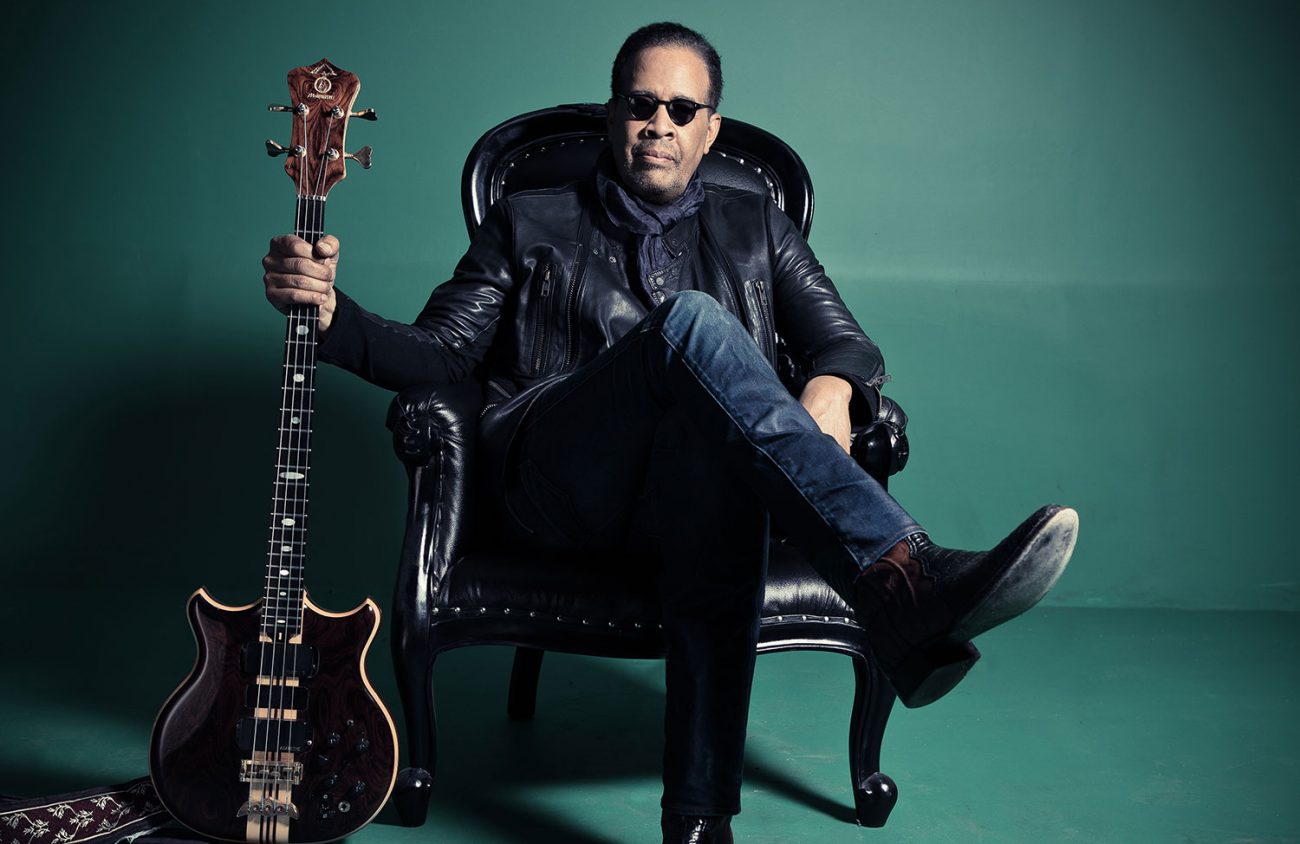When Natalie MacMaster married Donnell Leahy in 2002, they became the Beyoncé and Jay-Z, or June Carter and Johnny Cash, of Canadian Celtic music.
Both are award-winning stars in that admittedly niche musical style — he’s from a legendary musical family, and she’s a prize-winning Cape Breton-style fiddler and step dancer, though they come from slightly different Canadian branches of the vast Celtic music tree. Together, the familial fiddle duo offer high-energy musical chemistry that should enchant any fan of Celtic music.
The show, on Monday, Feb. 25, at The Shedd, and Wednesday’s (Feb. 27) Shedd performance by Lúnasa get us warmed up early for next month’s St. Paddy’s Day. The all-star Irish quintet has reached the highest level of the Celtic music world, selling a quarter million records of vibrant Celtic instrumental folk music over the past two decades, and they keep the tradition current by adding original compositions and non traditional instrumentation (bass and guitar) to the classic mix of flute, whistles, uilleann pipes and fiddle.
The Shedd goes from Celtic to jazz on March 1, when the legendary bassist Stanley Clarke returns, this time bringing one of the music’s rising stars, keyboardist Cameron Graves (who, like, Clarke has his own showcase in this year’s PDX Jazz Festival), plus drummer Shariq Tucker. Best known for his contributions to ’70s fusion pioneers Return to Forever, Clarke has ranged all over the field in various other projects, including funk, post-bop and more. With Graves aboard, expect even more contemporary sounds along with jazz-rock classics.
One of The Shedd’s coolest recent projects is sponsoring its own chamber orchestra, microphilharmonic. On March 3, its co-director, Baroque violinist Alice Blankenship, joins fellow historically informed specialists from Seattle Baroque Orchestra, the California Bay Area’s renowned Philharmonia Baroque Orchestra and the University of Oregon to perform Baroque classics on period instruments. The program includes not only multi-violin concertos by well-known composers Georg Philipp Telemann and Antonio Vivaldi, but also earlier music by Biagio Marini and Orlande de Lassus.
If that’s not diverse enough for you, head back to The Shedd March 6 to hear the famous voices of South Africa’s multiple Grammy-winning choir Ladysmith Black Mambazo sing Zulu music from across their four-decade career, probably including cuts from their two latest Grammy-nominated discs and their renowned collaborations with Paul Simon. Beyond beautifully blended voices, the group’s shows are filled with choreographed dance steps, colorful costumes and enthusiasm for bridging the divide between artists and audiences. This works especially well in The Shedd’s intimate Jaqua Concert Hall.
And speaking of The Shedd, don’t forget its latest fascinating historical revival/reinvigoration this weekend, Kurt Weill and Bertolt Brecht’s The Seven Deadly Sins, which you can read about elsewhere in this issue.
At an even more intimate venue, Broadway House Concerts brings a couple more fine PDX Jazz Festival performers, singer Kendra Shank and guitarist John Stowell, for a dinnertime show (bring potluck food and beverage).
Even though only two musicians perform, they offer a startling variety of sounds. Shank has been much praised by New York jazz critics for her virtuosic versatility: jazz originals, standards, world music, French songs, folk/pop tunes, looping effects and more. Stowell might deploy any number of guitars, from electric to steel string acoustic, nylon acoustic,and fretless.
On March 2, Broadway House brings the Jack Radsliff Quartet with UO prof Idit Shner on saxophone, bassist Sean Peterson and drummer Ken Mastrogiovanni backing the ace guitarist.
For a large-scale choral experience, bid farewell to winter blues this Sunday afternoon at the Hult Center’s Silva Concert Hall, when the Eugene Concert Choir, Eugene Concert Orchestra, soprano Danielle Talamantes and baritone Kerry Wilkerson sing maybe the most consoling and popular of all requiems, French composer Gabriel Fauré’s beauty. The concert also features Ralph Vaughan Williams’s syrupy “Serenade to Music” and one of Paul McCartney’s less famous songs: “Celebration,” the final section of one of his classical compositions, the 1997 orchestral tone poem “Standing Stone.”
Classical mavens often rightly dismiss the Fab One’s forays into orchestral music, but the man can still concoct a tune that will leave you humming on the way out of the Hult lobby and into late winter’s chill.
